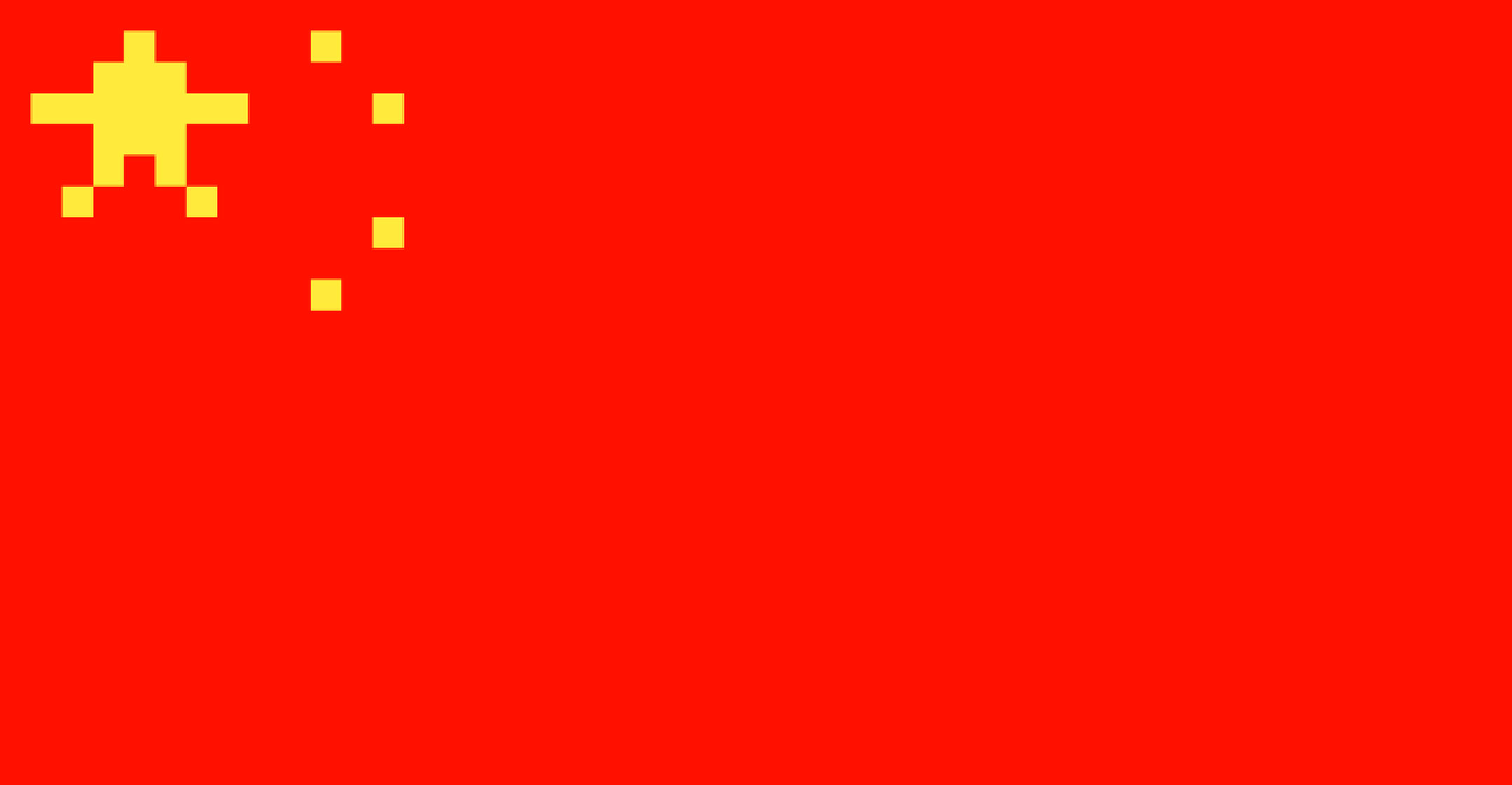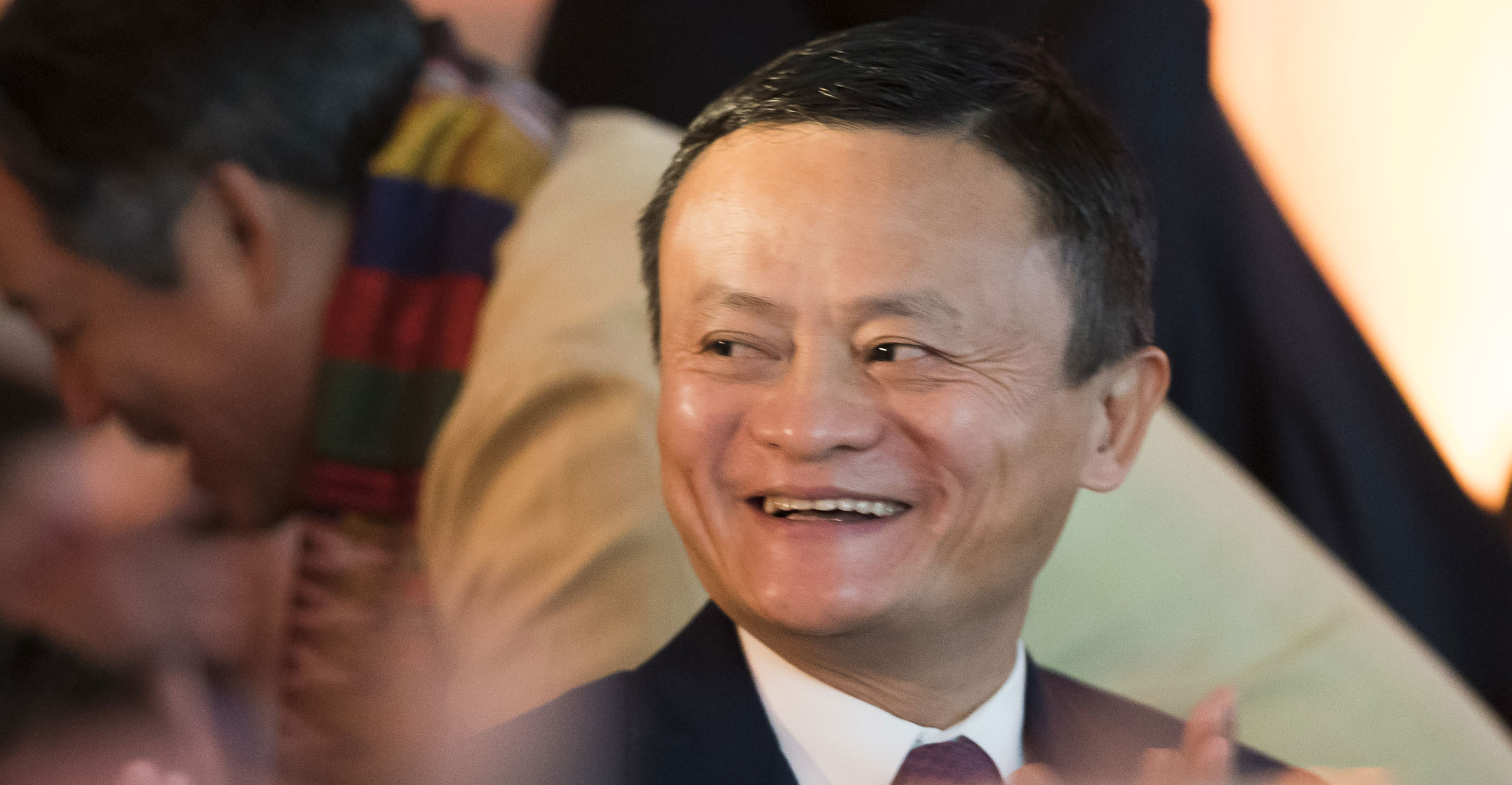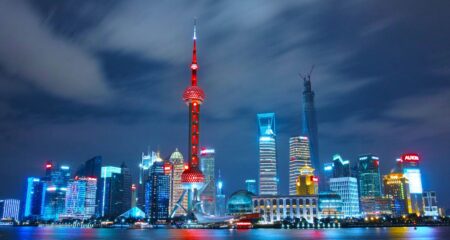 China’s biggest companies got that way with at least tacit support from the government, which took a relatively hands-off approach toward the Internet, e-commerce and digital finance spheres. Now President Xi Jinping’s government is reining in the country’s most powerful corporations and their billionaire founders, including Alibaba Group, Tencent Holdings and Didi Global.
China’s biggest companies got that way with at least tacit support from the government, which took a relatively hands-off approach toward the Internet, e-commerce and digital finance spheres. Now President Xi Jinping’s government is reining in the country’s most powerful corporations and their billionaire founders, including Alibaba Group, Tencent Holdings and Didi Global.
The burst of scrutiny is shaping up to be one of the largest concerted actions against private enterprise in decades, raising the prospect that the unusual leeway enjoyed by entrepreneurs like Jack Ma, founder of sprawling Ant Group, might be coming to an end.
1. How is China cracking down?
The cyberspace regulator ordered Didi’s app removed from stores in July amid a review of data security. That came less than a week after the ride-hailing company’s successful US listing. Ant, the fintech giant whose business expanded dramatically during years of loose regulatory oversight, was about to go public in November 2020 when Chinese authorities slapped new rules on the online consumer-lending industry. New rules to curb monopolistic practices across the entire Internet landscape were then drafted and finalised in just three months. Regulators levied a record US$2.8-billion fine against Alibaba in April for alleged monopolistic conduct and ordered numerous “rectifications” to how it does business. Days later, they offered the first significant guidance on how Ant should overhaul its operations. Tencent, operator of the WeChat “super app”, is also said to be under regulatory scrutiny, particularly its fintech wing. China has also gone after online grocery units of companies including Meituan and Pinduoduo for improper pricing.
2. How much is at stake?
To cite just one example, new measures proposed this year to curb market concentration in China’s online payments market could slash Ant’s valuation by roughly two-thirds to just over $100-billion, according to Bloomberg Intelligence. It could also endanger the growth of Tencent’s fintech division, estimated to be worth $120-billion before the crackdown.
3. What explains the crackdown?
That’s not clear. As is almost always the case, China’s leaders have said little about their underlying intentions apart from generalities about protecting consumers and maintaining financial stability. Analysts and investors float various theories: Perhaps regulators are simply reasserting their oversight power, or maybe those in power grew frustrated with the swagger of tech billionaires and wanted to teach them a lesson. Alibaba, Tencent and Ant had a combined market capitalisation last year of nearly $2-trillion — easily surpassing state-owned behemoths like Bank of China as the country’s most valuable companies. And it’s clear that the Communist Party had grown increasingly concerned about the growing clout of its Internet firms, mostly private entities over which it has little direct control.

4. Is there more coming?
It seems so. Xi has declared he will go after “platform” companies that amass data and market power — a sweeping definition that includes just about all of China’s largest firms. His administration is particularly concerned about eradicating systemic risks — such as unsupervised growth of consumer debt — in part to ensure the Communist Party’s dominion. In addition:
- The cyberspace watchdog quickly expanded its national security review beyond Didi to apps operated by Full Truck Alliance and recruitment firm Kanzhun, both of which had recently listed in New York.
- In April, regulators told Tencent, Meituan and others including TikTok owner ByteDance, search leader Baidu and shopping portal JD.com to “heed Alibaba’s example” and curb anticompetitive practices such as exclusivity requirements.
- Beijing may also seek greater oversight over mergers and acquisitions, since China’s Internet firms have over the years invested in hundreds of the country’s most influential up-and-comers in realms such as online healthcare and artificial intelligence. Regulators have begun issuing token fines for deals closed years ago, spurring fears of a bigger probe into M&A.
- The government is said to have proposed a state-backed venture with the tech giants that would oversee the lucrative data they collect from hundreds of millions of consumers.
5. Is this really so surprising?
In some respects, it is. The government has played an important role in developing the tech sector in a way that facilitated the development of behemoths. China effectively created its own version of the Internet, one blocked off from the rest of the world by what’s known as the Great Firewall. In the absence of Facebook or Twitter, WeChat and Sina’s Weibo flourished as social networks. On the other hand, China has a tradition of cracking down in fits and starts, or making examples out of high-profile companies. For instance, Tencent became a target of a campaign to combat gaming addiction among children in 2018.

6. Will Ant or anyone else get broken up?
Not Ant, it seems. It agreed with regulators on a restructuring plan that will turn it into a financial holding company, making it subject to capital requirements similar to those for banks. After the $2.8-billion fine, Alibaba executives said they were unaware of any other antitrust investigations. However, the government was said to want it to sell some media assets, including the South China Morning Post, because of concerns about the company’s influence over public opinion. Overall, authorities in Beijing are expected to tread cautiously, looking to rein in the growing clout of the tech giants without undermining some of the country’s biggest corporate success stories.
7. Was Ma being singled out?
The charismatic impresario behind two of the country’s largest corporations, Ant and Alibaba, is arguably the person most closely identified with the meteoric rise of China’s Internet sector. Long a regular on the global conference circuit, the flamboyant billionaire all but vanished from public view after Ant’s initial public offering got derailed and, according to a person familiar with the matter, was advised by the government to stay in the country. He resurfaced in mid-January, propelling Alibaba’s market value $58-billion higher. Tencent founder Pony Ma (no relation) — a delegate to the country’s top lawmaking body — has been far less vocal than his globe-trotting compatriot; in March he initiated a voluntary meeting with antitrust officials as part of their regular chats. Meituan CEO Wang Xing was warned to keep a low profile after posting a poem some interpreted as critical of the government. His appearance two weeks later at an official state celebration signalled he and his company may be back in favour in Beijing. — (c) 2021 Bloomberg LP




